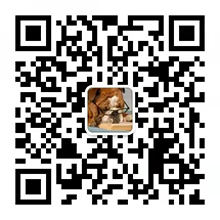一、born的用法
作形容词,仅用于名词前,表示“天生的”。例如:born leader 天生的领袖;born loser 天生的失败者,永远的倒霉蛋。
作词素,构成动词词性后缀(-born),表示“以...的顺序(或方式、地点等)出生的”。举几个有代表性的例子:firstborn 第一个出生的;nobly-born 出身贵族的;French-born/French born 法国出生的;newly-born/newborn 新生的;natural-born 与生俱来的。
作动词,以be born的唯一固定形式仅存在于被动语态,且后面不可接by。这种用法里,辞书工具上一般会强调“请勿使用I born,I have been born或者I am born,应该用I was born。”
二、borne的用法
borne是bear的过去分词形式,主动语态和该词后接by的被动语态只能用borne,而我们知道,这里bear肯定是动词,而不是名词“熊”的意思。
例句:①bear作“怀有(感情,尤指坏心情)”的意思时 He&39;s borne a grudge against/towards me ever since that day./ He&39;s borne me a grudge ever since that day. 从那天起他便对我怀恨在心。
②bear作"生(孩子)"的意思时 She bore him six sons.→She had borne him six sons. 她为他生了六个儿子。An English woman bore him.→He was borne by an English woman. 他是一名英国妇女生下的。His parents bore/(had borne) the child across the mountains. 这孩子的父母在山上生下了他。
③文学创作中,bear作“(尤指随着风、水或者空气)传送;吹动”的意思时 Wind bore along the sound of music.→The sound of music was borne along on the wind. 乐声随风飘送。
作词素,构成形容词词性后缀(-borne),表示"由...携带的"。例如:water-borne/air-borne diseases 由水/空气传播的疾病
英式英语中作形容词,构成唯一固定短语be borne in on/upon sb,短语尤指“(逐渐被)某人意识到/认识到”,例如:It was gradually borne in on us that defeat was inevitable. 我们逐渐认识到,失败是不可避免的。



